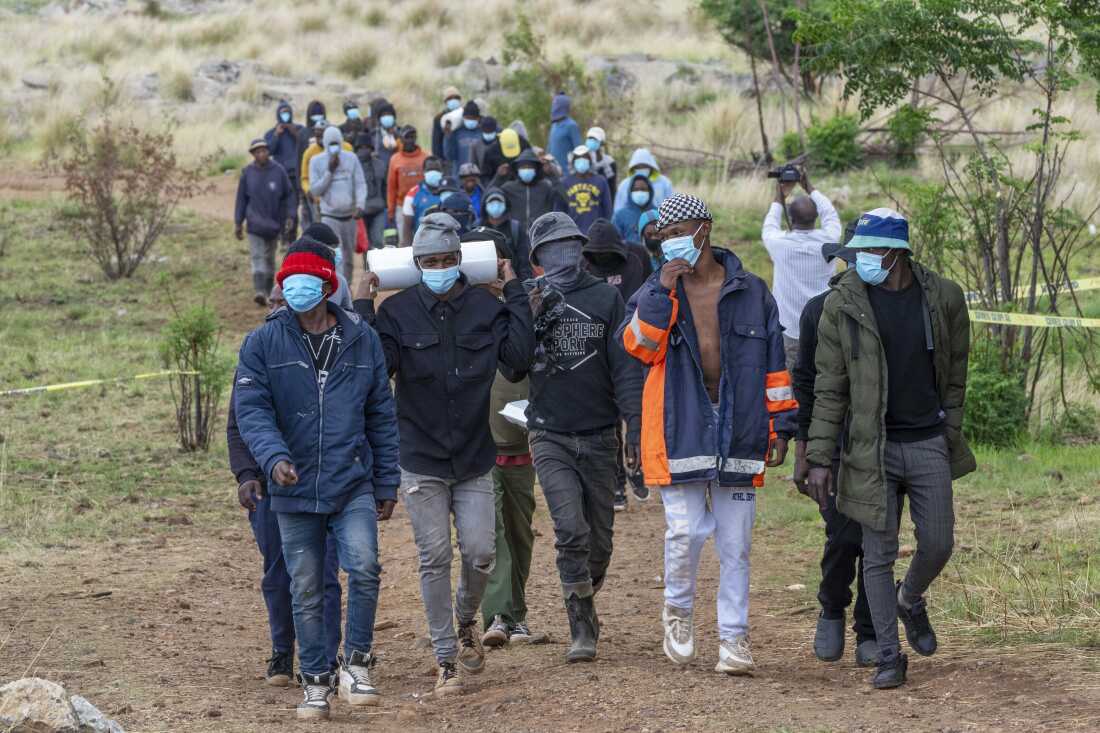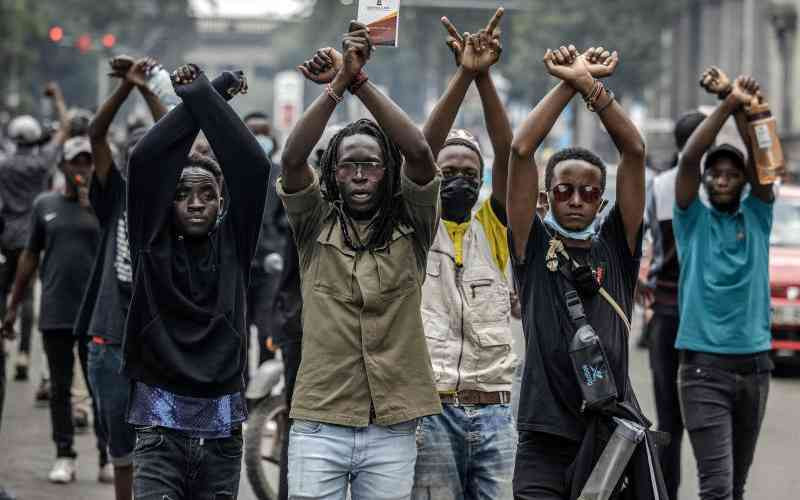In an unexpected twist, ride-hailing company Bolt has been forced to restrict “inter-country” ride requests between Nigeria and South Africa following a bizarre social media-fueled conflict.
What started as online rivalry between citizens of the two nations spiraled into a disruptive “taxi-war,” with pranksters booking and canceling rides across borders to target drivers.
The strange conflict saw drivers, particularly from Nigeria and South Africa, used as pawns in this game. Online users would request rides in another country, only to cancel them, leaving drivers stranded and financially hurt.

Munyaradzi Chinyama, a Zimbabwean Bolt driver based in Cape Town, was one of the many drivers affected. “I received three ride requests before I realized they weren’t real. I wasted a lot of fuel, time, and money,” he shared.
Bolt responded swiftly by blocking users who participated in the malicious acts and restricting ride requests between the two countries. However, this restriction does not affect ride requests between other countries.

The incident quickly garnered attention on social media, where users from both nations have a history of trolling each other. One South African user on X (formerly Twitter) admitted to starting the prank, stating, “When I’m bored, I request [Bolt] in Nigeria because their brothers are disrespecting us.” This action prompted swift retaliation from Nigerians, who mirrored the tactic.
The prank war has had real consequences for the drivers. A Nigerian Bolt driver from Kano recounted his experience of receiving a bogus airport trip request from an international number. “I tried calling and calling, but they didn’t answer. Then they canceled the trip,” he said. His colleagues also reported similar incidents.
Social media users voiced support for the drivers, emphasizing that the prank hurt innocent people who were just trying to make a living. One X user commented, “Uber and Bolt drivers are just trying to make ends meet. Please leave them alone. And I’m talking to both sides.”
Fuel prices have skyrocketed in Nigeria in recent months, making the situation even more painful for drivers who wasted fuel chasing phantom passengers. The “Bolt-war” also led to price surges in both countries, leaving many commuters unable to afford rides.
The rivalry between Nigerians and South Africans on social media is not new. The two countries have often clashed over various issues, including a recent controversy involving a half-Nigerian contestant in Miss South Africa, and debates over pop stars Tyla and Arya Starr, as well as national football teams.
This “taxi-war” is just the latest chapter in the ongoing rivalry between these two African powerhouses. The hashtag #BoltforBolt trended with over 33,000 mentions by Thursday, August 22, 2024, while #SouthAfricans had accumulated over 84,000 mentions.
As the conflict escalated, viral videos emerged showing South Africans mocking Nigerian drivers after canceling rides. In retaliation, Nigerians responded by causing disruptions in South African cities like Cape Town and Johannesburg, triggering a shortage of rides and leaving South African commuters stranded.
Bolt, acknowledging the unintended consequences for its drivers, issued a statement: “We understand the impact this situation has had on our driver-partners in Nigeria and South Africa.” The company emphasized that it would continue to monitor the situation to ensure such incidents do not repeat.
While the “Bolt-war” may seem like a petty prank to some, it has had real economic and emotional effects on hardworking drivers simply trying to make a living. As the rivalry continues to simmer on social media, there are growing calls for both sides to put an end to the prank and spare the innocent drivers who have been caught in the crossfire.




